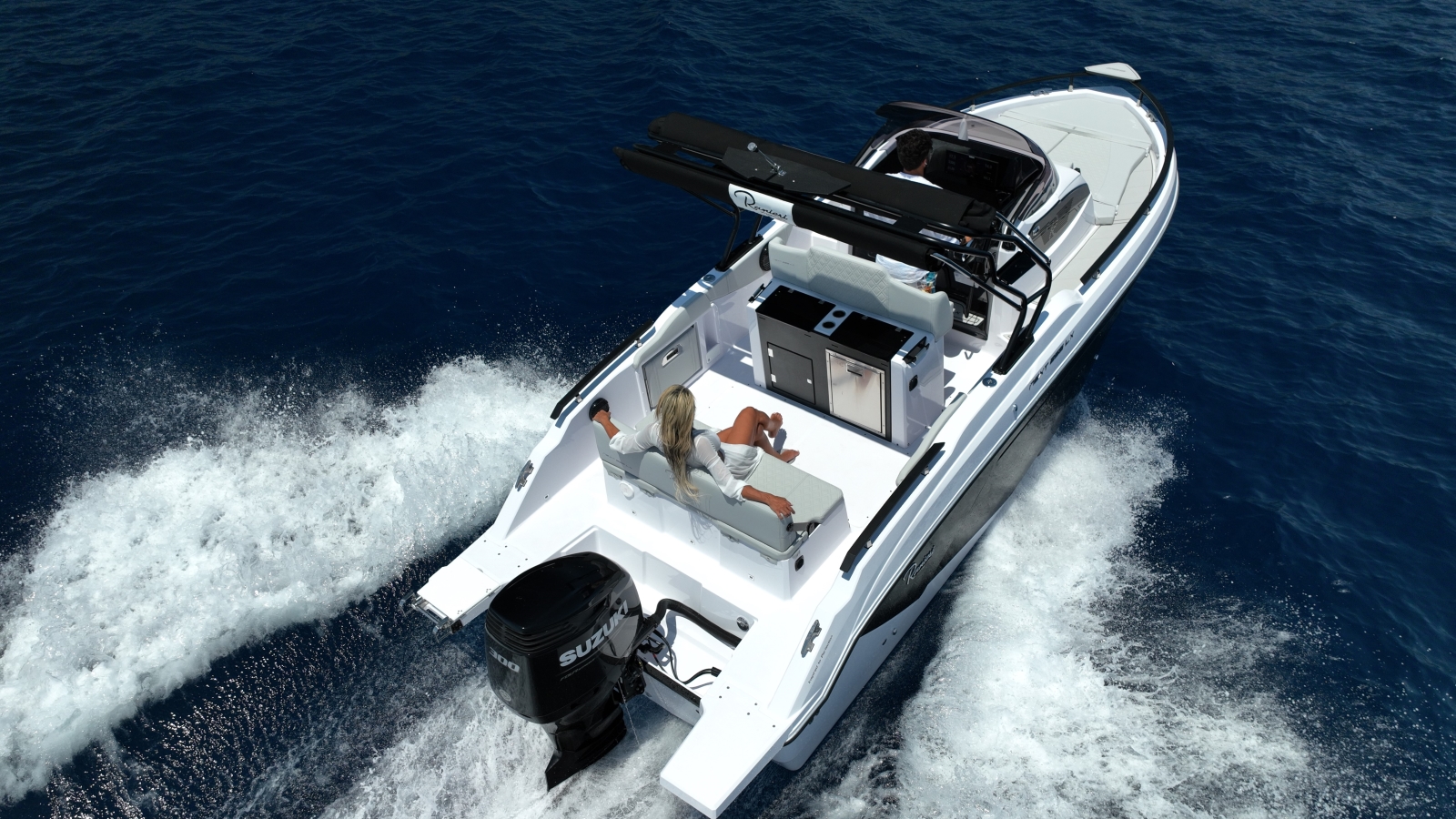La classifica delle cinque cose da non fare assolutamente durante una vacanza in barca
Per quelli che non sanno resistere alle liste, ecco la classifica delle cinque cose da non fare assolutamente durante una vacanza in barca per avere la pace a bordo.

Il secondo, ben più grave, è di compromettere la sicurezza di tutti. In barca non vige la democrazia, per il semplice motivo che la responsabilità di qualsiasi cosa succeda ricade in capo ad una sola persona, il comandante appunto, ed è giusto che sia lui/lei a decidere. Se qualcosa non vi quadra, aspettate l’ora dell’aperitivo o un momento tranquillo per chiedere il perchè di certe decisioni. Ma sul momento eseguite e basta!

3 – Comportarsi da regatanti capricciosi: siete in vacanza, molto probabilmente ci sono con voi persone che non sono mai andate in barca o che sono venute semplicemente per rilassarsi, non è decisamente il caso di fare i Paul Cayard della situazione. Cercate di evitare di passare le giornate a dire “lasca un centimetro”, “cazza due millimetri”, o, peggio ancora, a chiedere di andare a fare due bordi se per caso fuori ci sono 25 nodi di vento.
4 – Abusare del “già che sei lì….”: questa è la più difficile, lo so. Per chi non lo sapesse il “già che sei lì” è una delle frasi preferite da chiunque vada in barca, pronunciata non appena qualcuno a bordo si alza in piedi e scende sotto coperta, e seguita dalle richieste più disparate. “Già che sei lì… mi porti una birra? Mi allunghi l’asciugamano? Mi prendi il telefono?” E addirittura azioni che comportano una preventiva caccia al tesoro tipo:
5 – Pettinarsi, fumare o fare qualsiasi altra cosa sopravento: è scontato dire che non è bello che i vostri capelli, il fumo, le briciole o altre cose finiscano addosso a chi in quel momento si trova sottovento. La condivisione di spazi ristretti poi, può rendere ancora più fastidioso il tutto e trasformarsi velocemente in mugugno. Il consiglio, semplicissimo, è: aspettate di essere fermi all’ancora e fate tutte le cose che a voi darebbero fastidio a poppa.











